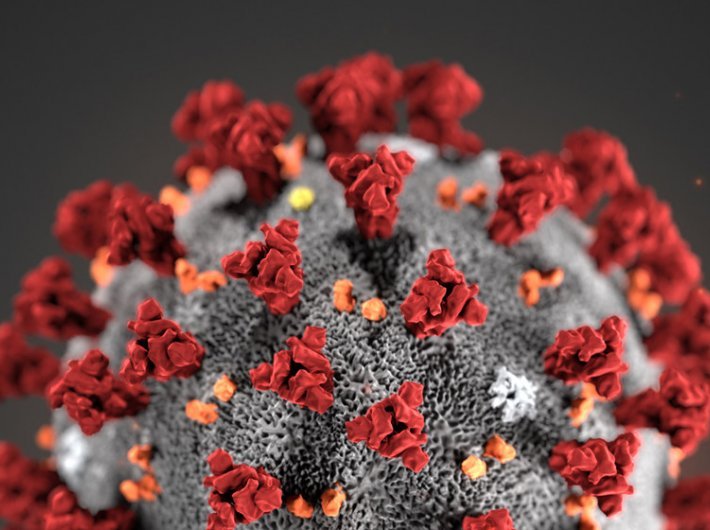Levels much higher than the previous rounds, MCGM stresses need to continue precautionary measures
As many as 86.64% citizens of the city of Greater Mumbai have antibodies, according to the fifth sero-prevalence survey. Among the people who are fully or partially vaccinated, the antibodies were found in 90.26%, while among the unvaccinated citizens, 79.86% had antibodies.
The Municipal Corporation of Great Mumbai (MCGM) announced the key findings of the fifth Sero-Survey conducted in BMC jurisdiction on Friday. It said prevalence of antibodies in people from slum as well as non-slum areas was much higher compared to the previous sero-surveys.
Even if antibodies are found, precautions like use of masks, hand hygiene and maintaining safe distance must be followed, it said.
The MCGM had previously conducted three Sero-Surveillance Studies for Covid-19 and one Sero-surveillance study only for paediatric population. Taking into consideration the possibility of a third wave, municipal commissioner I. S. Chahal and additional municipal commissioner (Western Suburbs) Suresh Kakani had directed to conduct a sero-survey again between August 12 and September 8 by the Public Health Department and LTMMC & GH, Sion Hospital with the support from A.T.E. Chandra Foundation and IDFC Institute.
Key Findings of the Study:
1. Overall Sero-prevalence in the city of Greater Mumbai is 86.64%. The study estimates around 87.02 % prevalence in slums and 86.22 % prevalence in non-slums in the 24 wards.
2. Sero-prevalence among males is 85.07% and sero-prevalence among females is 88.29% which is higher as compared to males.
3. Almost 65% of the study subjects received COVID-19 vaccine and 35% did not receive any vaccine.
4. Sero-prevalence amongst partially and fully vaccinated participants is 90.26%.
5. Sero-prevalence amongst those who have not taken COVID-19 vaccine is 79.86%.
6. Out of total samples, 20% were health care workers. Sero-prevalence in health care workers is 87.14%.
7. The age-wise sero-prevalence varies from 80% to 91% among the study subjects.
Interpretation:
A. Overall Sero-prevalence in slum and non-slum areas in the city of Greater Mumbai is much higher as compared to the last sero-survey.
B. There is no statistically significant difference in sero-prevalence of Mumbai City and Suburbs.
C. In the 5th sero-survey, sero-prevalence in slum population is 87.02% and non-slum population is 86.22% which is a meagre difference.
D. There is marginal difference in the gender-wise sero-prevalence with females showing 88.29% sero-prevalence as compared to males i.e., 85.07%.
E. Sero-prevalence was significantly higher in study subjects who received either first or both doses of Covid-19 vaccine as compared to their unvaccinated counterparts.
Recommendations:
A. The overall sero-positivity to the extent of 86% is based on qualitative test results and does not indicate protective levels of IgG antibodies. It is therefore recommended to continue to strictly follow the ‘Covid Appropriate Behaviour’
(CAB), i.e., (1) Correct use of mask; (2) Frequent hand washing with soap and water as well as sanitizer; and (3) Maintain social distancing.
B. As the sero-prevalence amongst those who are vaccinated is much higher than the unvaccinated counterparts, it is essential to strengthen the ongoing Covid-19 vaccination programme.

